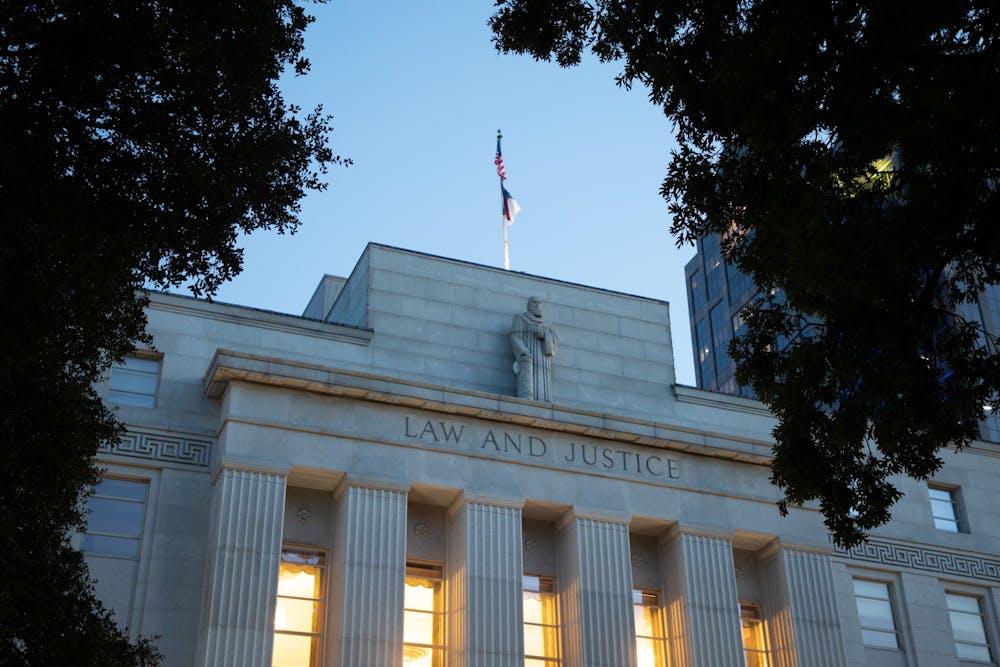On Friday, the N.C. Supreme Court decided in a 5-2 order along party lines that it would stop the transfer of money by a lower court toward public education in the state.
The case, Hoke County Board of Education v. North Carolina, was originally decided in November by a Democratic majority on the Supreme Court.
It affirmed a lower court's decision to allocate about $1.7 billion from the state's general fund because the other branches of state government were failing to do so.
In its November opinion, the court recognized the decision for a court to allocate funds was "extraordinary." The N.C. Constitution says public funds can only be appropriated by law and that the N.C. General Assembly is the only branch with expressed legislative powers, but the court allocated the funds to uphold another section of the state constitution.
The case is adjacent to the long-running Leandro case, which affirmed that North Carolina has a constitutional obligation to provide students with a "sound, basic education."
As part of the November decision, the state Supreme Court sent the case back to a trial court to recalculate exactly how much money should be given to public education and facilitate its distribution.
The court also paused the N.C. Court of Appeals' writ of prohibition, meaning lower courts could act on the case, as long as there were no new filings on matters that weren't addressed in the November opinion.
The new Republican majority on the state Supreme Court lifted this pause on Friday, agreeing with the State Controller's argument that the office's potential criminal liability for moving the money was not adequately addressed in the November opinion. The court is now also allowing other filings in the case.
The controller, the state's chief fiscal officer, has previously argued that the office has no legal authority to move the money and that the penalty for doing so is criminal.




